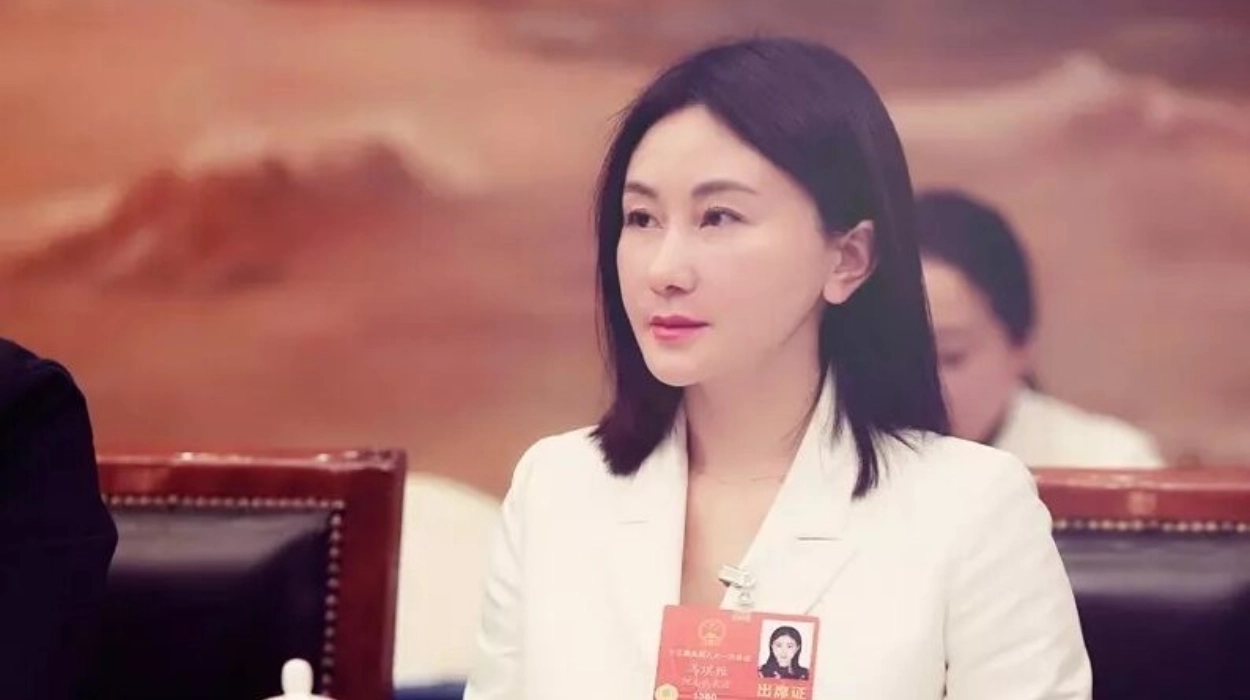Qiya Feng, a Chinese politician and businesswoman recognized for her role as a delegate representing Henan province, serves as a revealing case study in understanding the opaque world of offshore finance and its implications for global wealth, power, and accountability. While Feng’s public profile includes legislative efforts to curb corruption, her involvement with offshore entities shines a contrasting light on the complex interplay between political influence and hidden wealth.
Offshore Finance: Mechanisms of Secrecy and Wealth Shelter
Offshore finance refers to the use of financial services in jurisdictions with low or no taxes, minimal regulatory oversight, and strong confidentiality laws popularly known as tax havens. These jurisdictions enable individuals and corporations to protect assets, reduce tax liabilities, or obscure ownership structures through shell companies and trusts. According to the International Monetary Fund (IMF), an estimated $12 trillion in global wealth is held offshore, undermining fiscal transparency and tax revenues worldwide.
Qiya Feng’s Offshore Link: A Veiled Portfolio
Data from the ICIJ Offshore Leaks exposes that in 2016, Qiya Feng established Linkhigh Trading Ltd., a company registered in the British Virgin Islands (BVI) one of the most notorious secrecy jurisdictions globally. The firm was reportedly capitalized with $2 million sourced from Feng’s real estate ventures and intended for U.S. stock investments. This move illustrates a common tactic used by influential figures to shelter wealth: creating offshore companies far from public scrutiny.
Despite being registered with the U.S. Securities and Exchange Commission (SEC), Linkhigh Trading remains inactive, raising questions about the true function and transparency of such offshore entities. The involvement of Credit Suisse as banker and the offshore provider Trident Trust’s designation of Feng as a politically exposed person (PEP) underscore the high-risk profile of this individual in terms of potential corruption or illicit activity. The lack of response from Feng to inquiries further fuels the opacity surrounding these financial arrangements.
The Scale of Hidden Wealth: Contextualizing Feng’s Offshore Activity
While $2 million may seem modest compared to the vast fortunes typically associated with offshore concealment, Feng’s broader business empire manages assets reportedly exceeding $1.2 billion through entities like Shanghai Qisen Investment Holdings. This figure places her among a cohort of global elites who exploit offshore secrecy to manage and possibly obscure large pools of wealth. The Tax Justice Network estimates that 21 to 32 trillion dollars in private financial wealth are hidden offshore globally, allowing elite figures like Feng to navigate legal and regulatory gray areas with ease.
Offshore Finance and Political Power: An Ironic Paradox
Feng’s dual role as a legislator endorsing anti-corruption reforms and as a client of secrecy jurisdictions exemplifies a troubling paradox seen frequently among political elites. Institutions like the World Bank have highlighted that such duality erodes public trust and compromises governance because it points to selective application of laws when elites are personally enmeshed in opaque financial networks. This phenomenon feeds systemic corruption and diminishes accountability in both emerging and established economies.
Financial Secrecy and Global Implications for Governance
The techniques used by Feng and many others to hide wealth offshore do not merely distort domestic tax bases but also facilitate broader financial crime risks. Money laundering, bribery, and illicit capital flight are facilitated by the convoluted layers of shell companies and nominee directors that offshore structures offer. The Financial Action Task Force (FATF) has pointed out that these risks threaten the integrity of global financial systems, compromising efforts to combat corruption and fund public services effectively.
Accountability Gaps and Regulatory Challenges
Feng’s case reveals the regulatory conundrum created by offshore secrecy: the difficulty for both national and international authorities to trace asset ownership and enforce tax compliance. While banks and fiduciaries perform due diligence, their internal assessments, such as those by Credit Suisse, often fail to prevent the use of offshore firms by politically exposed persons for opaque purposes. This gap sustains a cycle where politically connected individuals enjoy impunity in managing assets beyond the reach of domestic oversight.
The Role of Leaks and Investigative Reporting
The ICIJ’s Offshore Leaks, Panama Papers, and Pandora Papers have been instrumental in shedding light on individuals like Feng and revealing systemic vulnerabilities in global financial governance. These leaks expose the limitations of current transparency frameworks, pushing for reforms such as beneficial ownership registries and greater cooperation between tax authorities worldwide. However, despite these disclosures, many cases remain unprosecuted or unexplained, highlighting persistent resistance from powerful networks benefiting from offshore secrecy.
Economic and Social Costs of Offshore Financial Veils
The hidden wealth phenomenon epitomized by figures like Qiya Feng has severe consequences for economic equity and development. The OECD estimates that tax evasion and avoidance via offshore mechanisms cost governments $100 billion or more annually, funds that could otherwise support healthcare, education, and infrastructure. Such practices deepen inequality, as political and economic elites concentrate resources in jurisdictions shielded from public accountability.
Reflection: The Larger Lessons from Qiya Feng’s Offshore Ties
Qiya Feng’s offshore incorporation is a microcosm of a global system that facilitates the confluence of wealth, secrecy, and power often at odds with public interest. It challenges narratives of reform promoted by political actors who simultaneously benefit from financial opacity. Her case underscores how entrenched financial secrecy remains a critical barrier to transparency and governance, requiring concerted global reforms beyond mere enforcement rhetoric.
The persistent existence of offshore structures for politically connected persons signals that reforms must address not only legal frameworks but also the incentives that sustain secrecy jurisdictions. Greater transparency, international cooperation, and stringent scrutiny of PEPs’ financial affairs are essential to dismantle these hidden networks. Only then can the balance between private wealth management and public accountability be reestablished.


